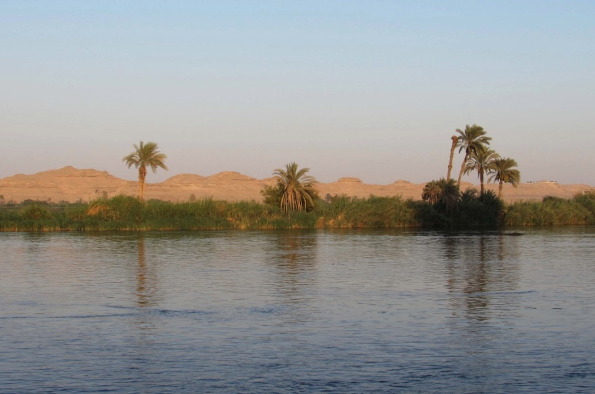
New Kingdom Egypt and Late Bronze Age Globalization: from Imperialism and Diplomacy to Citizens and Localities
- Marina Escolano Poveda
- Suitable for: All staff and students
- Admission: Free
- Online location
- Event website
- Book now
Add this event to my calendar
Click on "Create a calendar file" and your browser will download a .ics file for this event.
Microsoft Outlook: Download the file, double-click it to open it in Outlook, then click on "Save & Close" to save it to your calendar. If that doesn't work go into Outlook, click on the File tab, then on Open & Export, then Open Calendar. Select your .ics file then click on "Save & Close".
Google Calendar: download the file, then go into your calendar. On the left where it says "Other calendars" click on the arrow icon and then click on Import calendar. Click on Browse and select the .ics file, then click on Import.
Apple Calendar: The file may open automatically with an option to save it to your calendar. If not, download the file, then you can either drag it to Calendar or import the file by going to File >Import > Import and choosing the .ics file.
This seminar will discuss possible ways of conceptualizing the development of New Kingdom Egypt as a constituent part of the first phase of globalization in world history, the Late Bronze Age. Institutional policies such as imperialism and diplomacy undoubtedly contribute to creating global connectivities, interdependence, and awareness; however, the structure of a globalized world consists of citizens, situated in specific localities, generating networks of political and economic power. It is against this structure that New Kingdom Egypt and its participation in the global networks of the Late Bronze Age should be investigated. In particular, by addressing current debates and methodologies in the field of Global History, Egyptology should be able to understand how place-specific situations in Egypt related to global processes across the Near East and the Mediterranean, oftentimes regardless of direct connections.
Suggested readings
We thrive to encourage scholarly debate around the presentation. For that purpose the speaker has been asked to provide a range of readings that would help the student audience gain familiarity, if and where needed, with the context in which the specialized research is embedded.
[Whenever possible, links to readings are provided]
- Monroe, C. M. (2015) “Tangled Up in Blue: Material and Other Relations of Exchange in the Late Bronze Age World”, in Howe, T. (ed.) Traders in the Ancient Mediterranean, Publications of the Association of Ancient Historians 11, Chicago: Ares Publishers, pp. 7-46.
https://drive.google.com/file/d/1vlur6w88v12IB8GJXexwLZHmyo6Opaf5/view
- Moreno García, J. C. (2020) “Egypt, Old to New Kingdom (2686–1069 BCE)”, in P. B. Bang, C. Bayly and W. Scheidel (eds.) The Oxford World History of Empire. Volume Two: The History of Empires, Oxford and New York: Oxford University Press, pp. 13–42.
https://drive.google.com/file/d/18YBSuJ7KELBUAydkxAccecMS4WKYJfwp/view
- Moreno García, J. C. (2020) “Egyptology and Global History: Between Geocultural Power and the Crisis of the Humanities”, Journal of Egyptian History 13, pp. 29–76.
https://drive.google.com/file/d/1-LXvehZnV3vb6BVW5v12XMgHADKGuX5T/view
-Zangani, F. (2022) Globalization and the Limits of Imperialism: Ancient Egypt, Syria, and the Amarna Diplomacy, Prague: Charles University Press.
